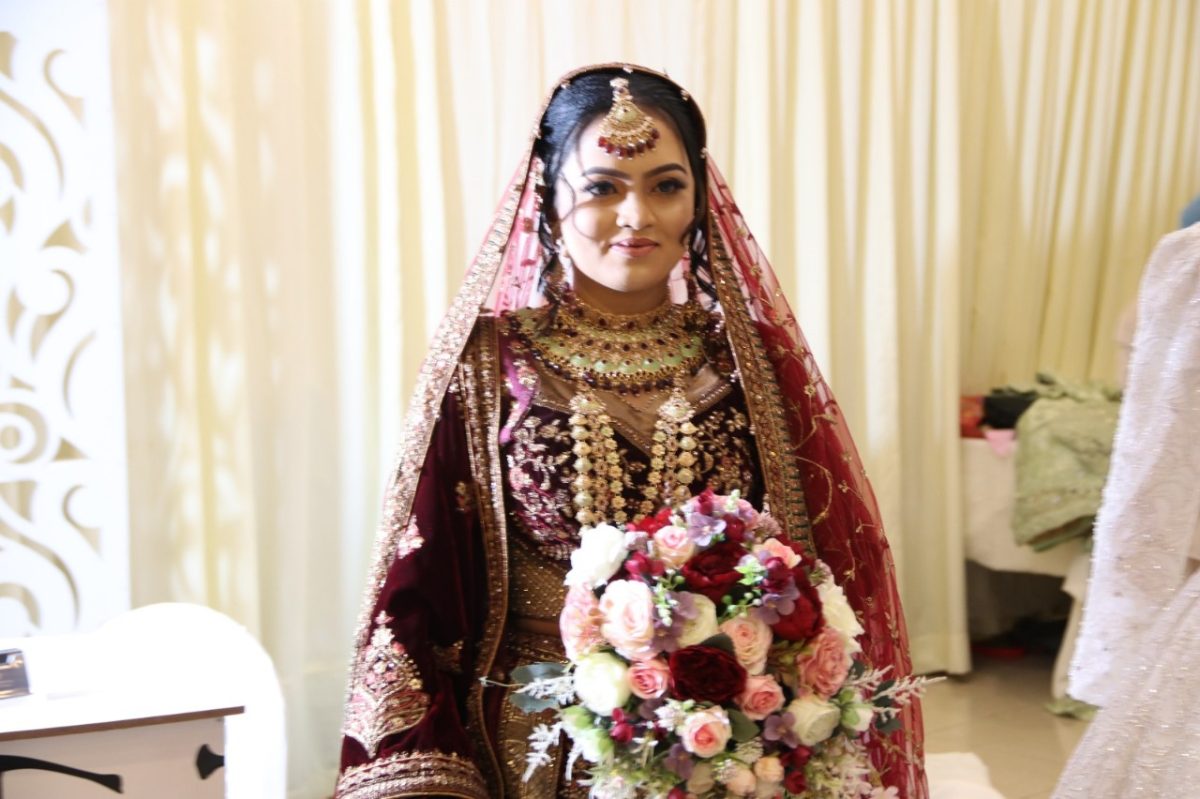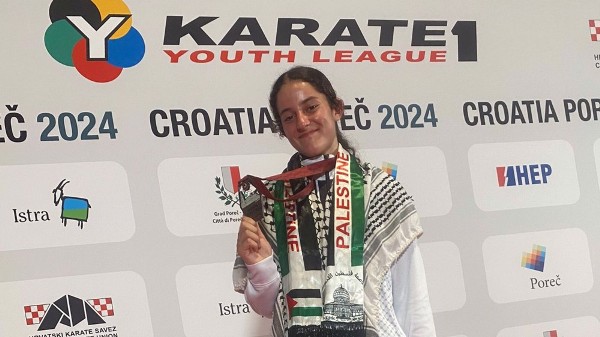
For seven years, Muhammad (PBUH) dedicated every day of his life to calling his people – and strangers as well – to the message of Islam. For seven years, Khadijah (may Allah be pleased with her) stood at his side, worshipping Allah, teaching Islam, and enduring the suffering that was being inflicted upon every new Muslim.
Already, so much had befallen the Messenger of Allah and his fledgling Ummah: the mockery of Qurayshi society, labeling him a madman and a magician; the birth – and death – of a son, Abdullah; the constant torture of the most vulnerable Muslims, such as Sumayyah bint Khayyat and her family; the emigration of a significant number of believers, including Prophet Muhammad’s own daughter Ruqayyah and her husband, Uthmaan ibn Affaan.
Negotiations and assassination attempts were plotted against Muhammad (PBUH), and Khadijah (may Allah be pleased with her) was keenly aware of every difficulty and every challenge that her husband faced.
Despite hardships, she remained strong
Prophet Muhammad and Khadijah remained steadfast and unwavering in their faith, and the Muslims around them drew inspiration from their strength. No matter how sustained the harassment or how intense the persecution, the believers refused to turn back on their religion. The pagans of Makkah grew steadily more frustrated and angrier. If physical torture and public humiliation of the individuals known to be Muslims would not deter Muhammad (PBUH) from his mission, they would have to resort to more creative methods.
In a society formed upon both social strata and economic placement, the Quraysh realized that they would need to put pressure on those two aspects of Muhammad’s life.
Banu Hashim and Banu Muttalib, the two clans related directly to Prophet Muhammad by blood, had already made clear that their tribal affiliations meant that they extended their support and protection to him. When they refused to back down from their position, the remaining tribes of Makkah banded together and lay down an ultimatum: either they surrender all support to Muhammad entirely, or they would suffer as a whole, Muslim or not.
Tribal pride ran deep and strong in Banu Hashim and Banu Muttalib, and they refused to accept the terms laid out by the rest of Quraysh. The response came, swift and harsh: an immediate social and economic boycott of the two clans, compounded by exile to a barren area of land known as Shi’b Abi Talib.
In this moment, Khadijah’s life changed more drastically than it ever had before: not only had her social status been impacted dramatically, but now her financial status was as well. Once the greatest businesswoman of Makkah, admired for her acumen and sought after for her beauty, intelligence, and elite standing, Khadijah was now rendered destitute, homeless, and starving.
The exile and boycott were brutal: no one from Makkah was allowed to visit the exiles, not even if they were relatives; no food was permitted to pass through the area. When basic staple foods such as grain ran out, the exiles were forced to resort to eating leaves from the trees in order to keep from dying. The cries of starving children and weeping elders could be heard in Makkah itself, and yet the Quraysh refused to relent from their vile pact.
Now aged herself, in her early sixties, Khadijah (may Allah be pleased with her) nevertheless fought against the Quraysh and remained as spiritually strong as ever. Though her body weakened, her faith never did; her devotion to her Lord continued to shine from her eyes and lent fortitude to her limbs.
To her husband, to her daughters, to the Muslims around her, Khadijah provided ceaseless love and support. Her steadfastness in the face of adversity was both inspiration and comfort, a sign that one did not need to be the Prophet of Allah in order to exhibit such power of faith. Indeed, to the one who was the Messenger of Allah (PBUH), she was the source of constant reassurance and love.
Khadijah’s death
Three years of exile, however, took their toll. When the boycott was finally ended and Muhammad (PBUH) and his people were able to return to their homes in Makkah, the damage had been done. Khadijah (may Allah be pleased with her) had been rendered far too physically weakened by starvation and sickness.
In Ramadan of the tenth year of Muhammad (PBUH)’s prophethood, Khadijah bint Khuwaylid was chosen by Allah to return to Him.
Though the Messenger (PBUH) understood that every human being belongs to their Creator alone, he was still plunged into sorrow. He lost the woman who had, for twenty-five years, been the love of his life, the intellectual match to his sharp mind, the spiritual counterpart to his heart full of faith, the one whom he held and who held him in turn, and the mother of his children. The year of her death was forever known from then on as the Year of Grief.
Khadijah bint Khuwaylid was no ordinary person: she was the one whom Allah chose, above all others in existence, to marry the greatest of all His creation – Muhammad (PBUH). She was a woman whose role went far beyond merely that of a dutiful wife and mother; she was an individual imbued with truly extraordinary characteristics. Her intellect, her wisdom, her grace, her love, and beyond all else, her faith, set her apart from the entire world.
The Messenger of Allah (PBUH) said, "The best of the world's women is Mary (in her lifetime), and the best of the world's women is Khadijah (in her lifetime).” (Bukhari)
"Sufficient for you among the women of mankind are Mariam bint 'Imran, Khadijah bint Khuwaylid, Fatimah bint Muhammad and Asiyah the wife of Fir'awn." (Tirmidhi)
Forever after, Prophet Muhammad (PBUH) never forgot the woman with whom he had spent the earliest days of marriage and fatherhood, the woman who had known him better than anyone else.
“Innee ruziqtu hubbahaa,” Prophet Muhammad (PBUH) said solemnly. “Indeed, her love had been nurtured in my heart by Allah Himself.” (Muslim)
Truly, Khadijah bint Khuwaylid was the greatest woman who ever lived: a noblewoman of Quraysh, an outcast from Makkan society, and a queen of Paradise itself.
Source : http://www.onislam.net
Post Disclaimer | Support Us
Support Us
The sailanmuslim.com web site entirely supported by individual donors and well wishers. If you regularly visit this site and wish to show your appreciation, or if you wish to see further development of sailanmuslim.com, please donate us
IMPORTANT : All content hosted on sailanmuslim.com is solely for non-commercial purposes and with the permission of original copyright holders. Any other use of the hosted content, such as for financial gain, requires express approval from the copyright owners.
 Sri lanka Muslims Web Portal Sri Lanka Muslims News Center
Sri lanka Muslims Web Portal Sri Lanka Muslims News Center



